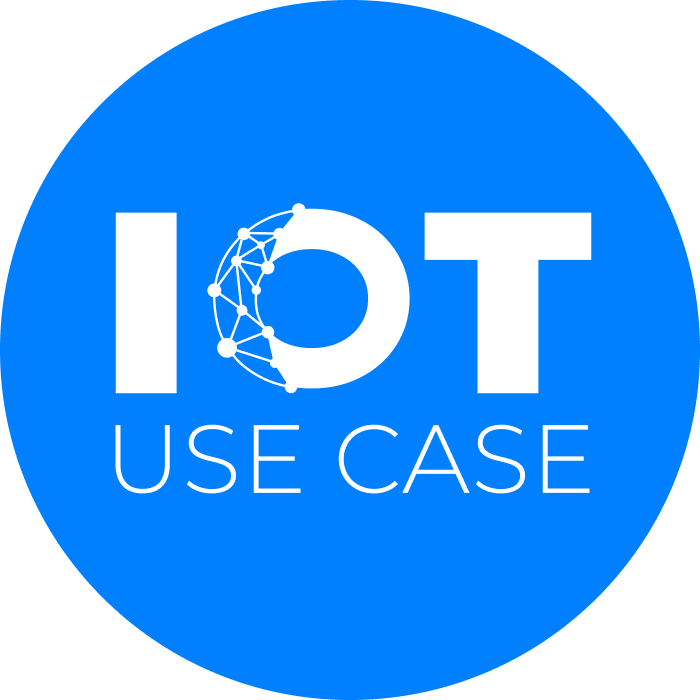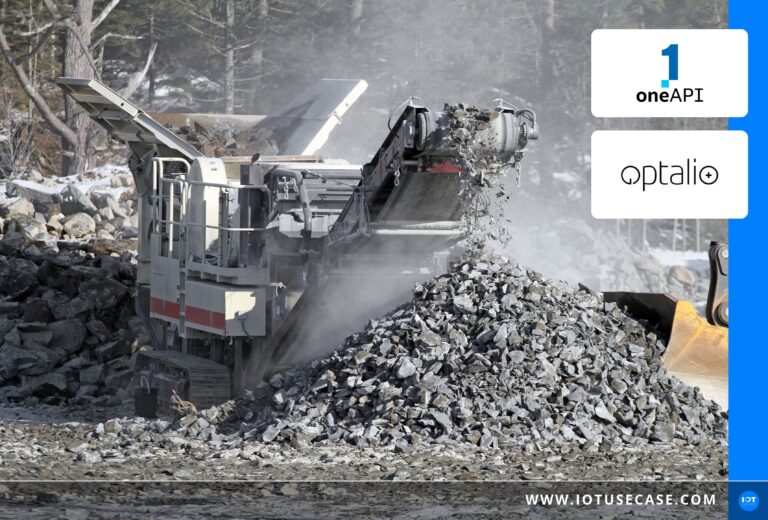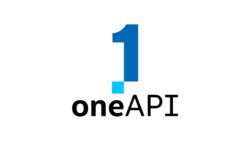In Germany alone, 35 million tons of cement were produced in 2020. Heavy machinery is used in the production process to crush limestone, one of the primary raw materials. This process puts significant strain on all components of the rock crusher, leading to performance degradation or even total breakdowns. Data-driven predictive maintenance solutions, such as Optalio’s Product Lifecycle Management, help manufacturers predict problems and proactively prevent failures.
The challenge: Detecting machine issues in advance and preventing failures
There are various methods for crushing limestone, one of which involves hydraulic systems and high pressure. If the piston repeatedly jumps when the pressure is maintained, it indicates leaks in the oil circuit. Such component damage is often detected late, after the machine has already lost performance or unexpectedly failed. This leads to downtime while the issue is identified and replacement parts are ordered, resulting in significant costs for the company. This is where data-driven condition monitoring comes in, providing the basis for targeted and timely maintenance or repairs. In the case of rock crushers, which are often massive machines with a throughput of up to 10,000 tons per hour, up to 650 sensors are installed to measure pressure, temperature, vibration, and revolutions. With a sampling rate of 4 Hz per sensor, this results in 2,600 data points per second, which need to be managed. Initially, the collected sensor data is diverse, with values expressed in different units such as Pascal, degrees Celsius, and RPM, without any correlation or meaningful interpretation. Structured data engineering is required, including the IT-compliant extraction of sensor readings.
The evaluation involves comparing norm values with deviations, indicating the machine’s condition and requiring significant computational power at the beginning. This is necessary for the AI to generate a model from the data that captures the machine’s normal state and detects deviations.
The solution: A scalable cloud solution for complex data analysis and AI-based production optimization
Predictive maintenance offers a significant advantage as critical conditions can be detected very early based on sensor data. The causes of failures are easier to identify, replacement parts can be procured in a timely manner, and maintenance can be planned accordingly, minimizing downtime.
Analog production systems, known as operational technology (OT), and IT do not always speak the same language. To bridge these gaps, an industrial IT infrastructure is established to make the data accessible. Firewalls are used for both OT and IT to ensure security. With such a scalable and secure infrastructure, machine data is transferred to a platform for processing via data pipelines. OPC-UA interfaces are used for this purpose. The Open Platform Communications Unified Architecture (OPC UA) is a standard for data exchange that transports machine data and makes it readable for machines, including AI. The data is then stored in a secure cloud.
Optalio GmbH is a German SaaS/PLM provider for complex data analysis, process monitoring, and AI-based production optimization in the manufacturing industry within the DACH region. Optalio offers a highly scalable cloud solution that can provide the initial high computational capacity required for creating the models.
Alternatively, customers can store the data themselves through a secured VPN connection or use edge devices for decentralized data processing.
The result: Simplified maintenance, efficient production, and processes
Software as a Service (SaaS) not only provides customers with cost-effective and flexible IT services but also simplifies maintenance as updates and expansions are automatically installed in the background. Predictive maintenance is essential in all industries and for all types of machinery. Optalio’s model is not limited to rock crushers but can be applied in various contexts. The data and its quality are at the center of the data- and AI-based SaaS solution. The outcome of the analysis depends on how comprehensive and well-prepared the data extraction and processing are.
Optalio has created its own digital ecosystem and offers a holistic data strategy from translating machine data to data mining, data engineering, and AI-based analysis. This enables customers to optimize not only production but also all processes.





